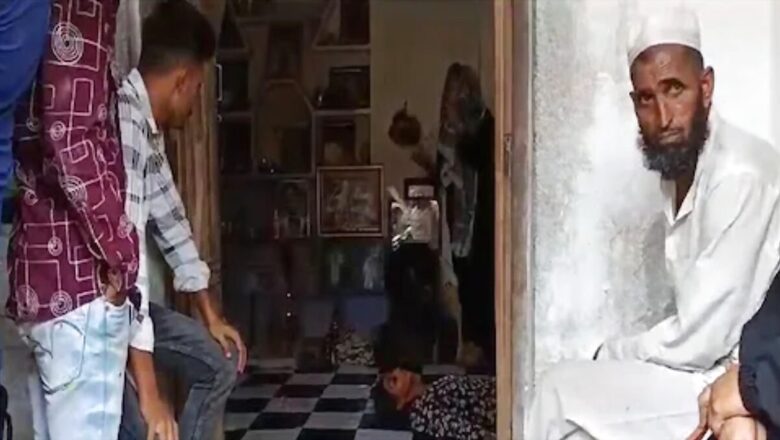
views
In the age of advancing science, the shadow of fraudulent practices looms large, with claims of black magic knowledge and spells finding a niche in society despite scientific skepticism. In Uttar Pradesh’s Bijnor district, a troubling trend has emerged where unsuspecting individuals, particularly women, fall victim to deceit under the guise of spiritual services. In various police jurisdictions across Bijnor, individuals desperate for employment have capitalised on belief in black magic, setting up shops purportedly offering supernatural solutions. Among these establishments are the operations of Abid and Sufi Sajid, brothers who recently attracted attention for their unique enterprise.
The brothers’ shop in Ghazipur village, Nagina police station area, allegedly specialises in exorcising ghosts, particularly targeting women whom they claim are possessed. A disturbing incident unfolded when journalists, equipped with a camera, arrived to document their activities. Inside the shop, a young girl was undergoing a purported exorcism, the proceedings marked by what appeared to be highly inappropriate conduct.
Witnesses reported that during the session, the girl was laid on the ground, unconscious, while the brothers performed rituals accompanied by flute music. Reports indicate that the girl’s modesty was disregarded, with her clothing frequently manipulated in a manner deemed indecent. This spectacle, indicative of broader malpractices in the region, underscores the unchecked proliferation of such establishments under the nose of local authorities.
Tragically, such exploitation has not been without its dire consequences. Recent reports from the Heempur Deepa village recount a chilling incident where a woman, ensnared by similar promises, reportedly sacrificed her four-year-old child. These incidents highlight a pressing need for greater vigilance and intervention by district officials to safeguard vulnerable members of the community.
The district administration’s apparent unawareness of these developments raises questions about the efficacy of existing oversight mechanisms and the urgency with which these issues must be addressed. As the community grapples with the impact of modernisation alongside enduring superstitions, the plight of those deceived by pseudo-spiritual practices serves as a stark reminder of the vulnerabilities that persist in our society today.




















Comments
0 comment